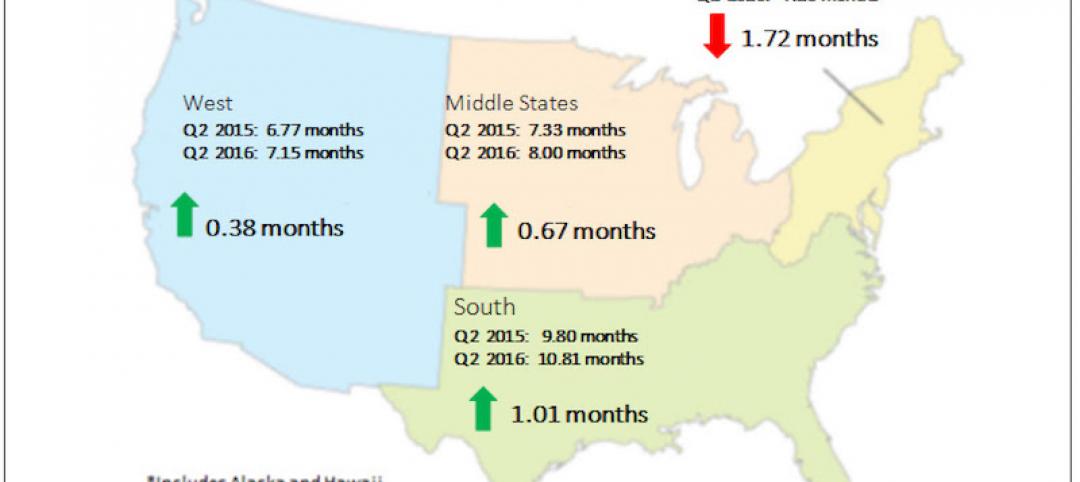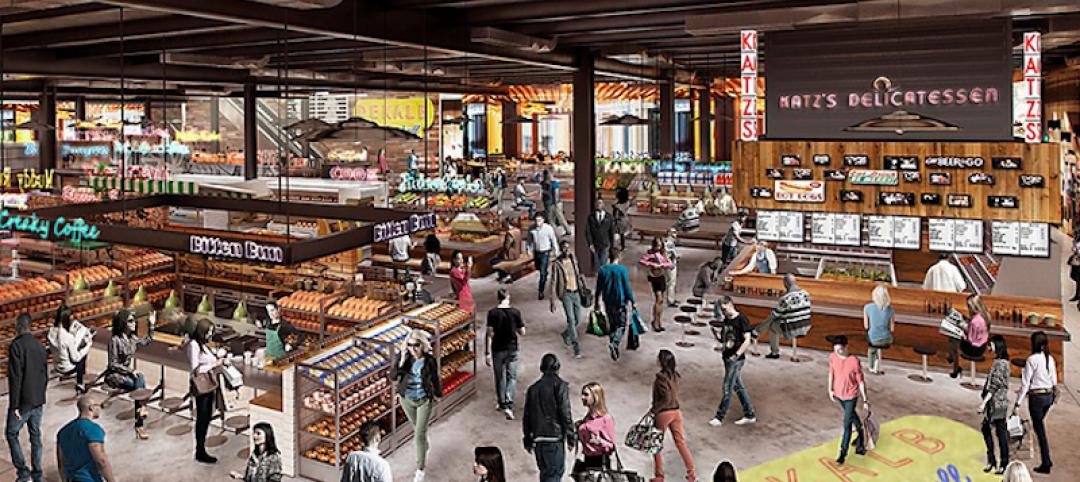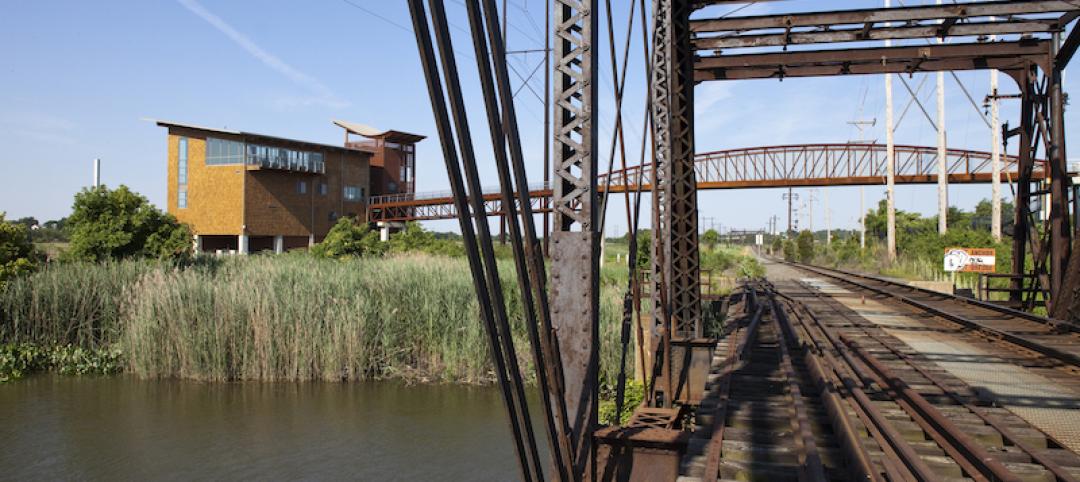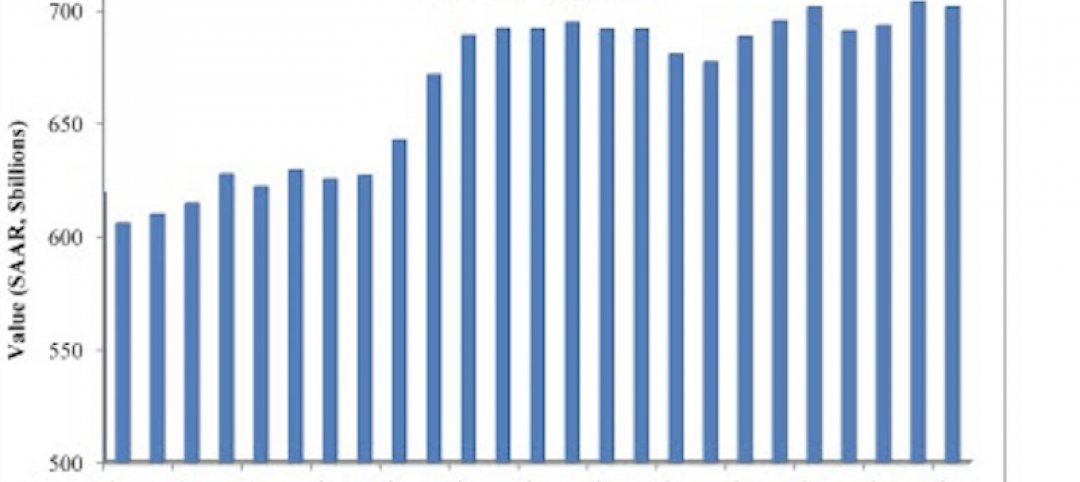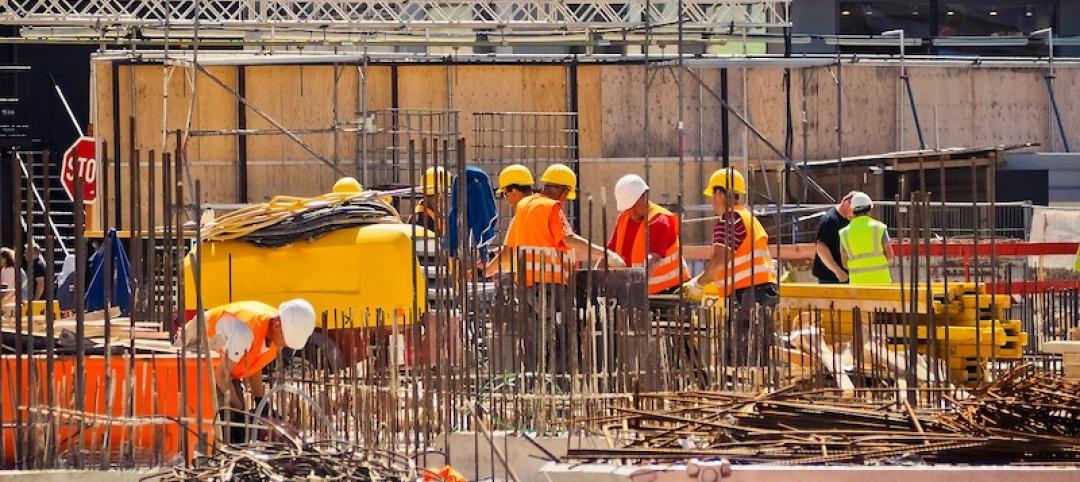A new study published today by the American Institute of Architects (AIA) finds that data and culture gaps are obstacles architects are facing in fighting climate change.
The report, Sustainability in the Architect’s Journey to Specification, identified a number of common obstacles that could be improved by the building products industry to help architects support climate action, including:
- Supplying useful, timely, and accurate product information and data.
- Reducing barriers—primarily high costs–to products to increase adoption of sustainable products, especially as clients are increasingly concerned about sustainability being too cost-conscious in the short term.
In other findings, nearly all architects said third-party testing or certification is crucial for new product adoption. Architects also indicated that continuing education from building product companies is the most convenient way to learn about new products and innovations.
“Architects are increasingly motivated to commit to climate action and evolve the built environment,” said 2020 AIA President Jane Frederick, FAIA. “Our members have an important role to play, but they cannot do it alone. Everyone in the design and building product industry must do their part, and that means more than just making materials that contribute to sustainability. Informed product and material knowledge is essential, if we are going to succeed. Committing to innovation is essential.”
Sustainability in the Architect’s Journey to Specification is available on AIA’s website.
Related Stories
Market Data | Sep 22, 2016
Architecture Billings Index slips, overall outlook remains positive
Business conditions are slumping in the Northeast.
Market Data | Sep 20, 2016
Backlog skyrockets for largest firms during second quarter, but falls to 8.5 months overall
While a handful of commercial construction segments continue to be associated with expanding volumes, for the most part, the average contractor is no longer getting busier, says ABC Chief Economist Anirban Basu.
Designers | Sep 13, 2016
5 trends propelling a new era of food halls
Food halls have not only become an economical solution for restauranteurs and chefs experiencing skyrocketing retail prices and rents in large cities, but they also tap into our increased interest in gourmet locally sourced food, writes Gensler's Toshi Kasai.
Building Team | Sep 6, 2016
Letting your resource take center stage: A guide to thoughtful site selection for interpretive centers
Thoughtful site selection is never about one factor, but rather a confluence of several components that ultimately present trade-offs for the owner.
Market Data | Sep 2, 2016
Nonresidential spending inches lower in July while June data is upwardly revised to eight-year record
Nonresidential construction spending has been suppressed over the last year or so with the primary factor being the lack of momentum in public spending.
Industry Research | Sep 1, 2016
CannonDesign releases infographic to better help universities obtain more R&D funding
CannonDesign releases infographic to better help universities obtain more R&D funding.
Industry Research | Aug 25, 2016
Building bonds: The role of 'trusted advisor' is earned not acquired
A trusted advisor acts as a guiding partner over the full course of a professional relationship.
Multifamily Housing | Aug 17, 2016
A new research platform launches for a data-deprived multifamily sector
The list of leading developers, owners, and property managers that are funding the NMHC Research Foundation speaks to the information gap it hopes to fill.
Hotel Facilities | Aug 17, 2016
Hotel construction continues to flourish in major cities
But concerns about overbuilding persist.
Market Data | Aug 16, 2016
Leading economists predict construction industry growth through 2017
The Chief Economists for ABC, AIA, and NAHB all see the construction industry continuing to expand over the next year and a half.




